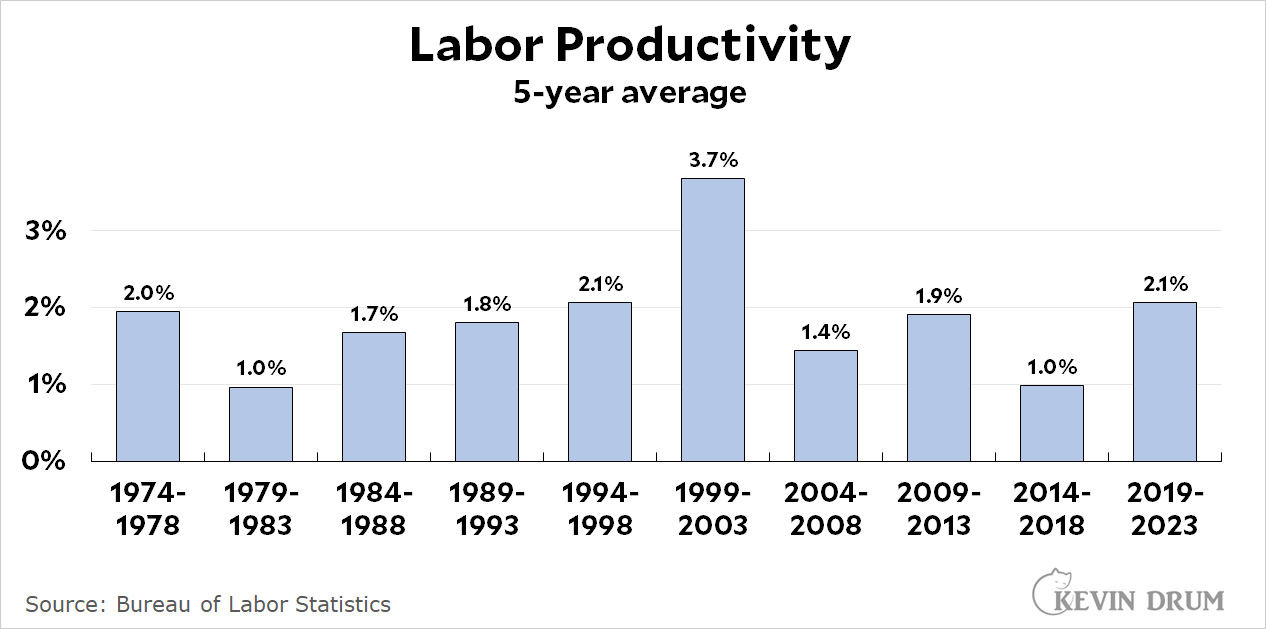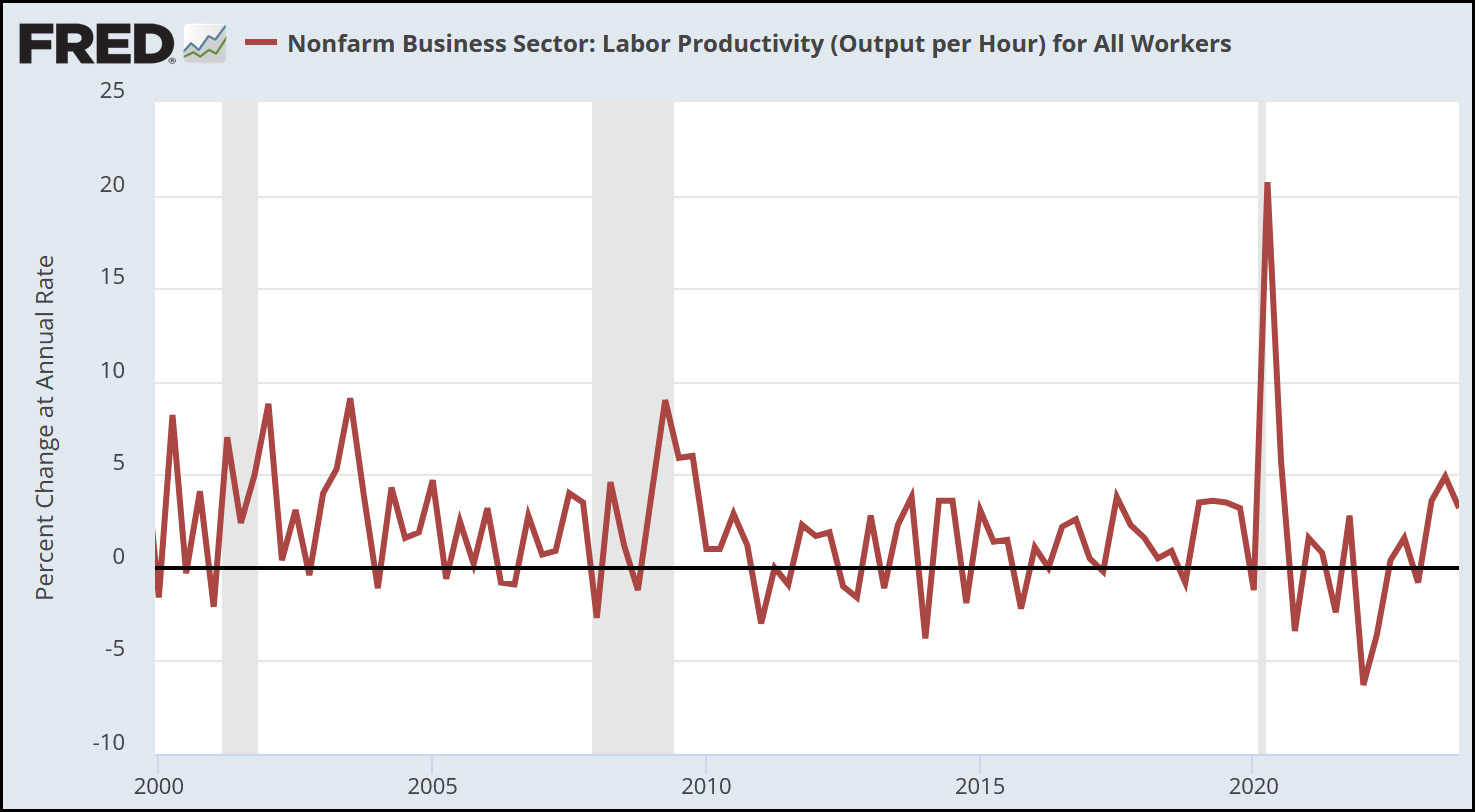I missed this story a few days ago:
The FBI violated people’s constitutional rights when it opened and “inventoried” the contents of hundreds of safe-deposit boxes during a raid on a Beverly Hills vault in 2021, a federal appellate court ruled Tuesday.
....As part of its case against the vault, prosecutors had alleged that some of the vault’s customers were storing criminal proceeds in their boxes. Court records show the FBI also had developed a plan to permanently confiscate everything inside of the boxes worth at least $5,000 as part of a wholesale forfeiture, based on an assumption that those assets were somehow tied to unknown crimes.
However, in their initial warrant request, the FBI and the U.S. Attorney’s office had not asked to seize the contents of the individual boxes in the vault and left out their plans to do so. They instead assured U.S. Magistrate Judge Steve Kim that agents would follow FBI policies for taking inventory of the box contents in order to protect against theft allegations, then contact the box owners about retrieving their property.
This case has been going on for a while, and it's a particularly egregious instance of civil asset forfeiture, the repellant legal theory that allows cops to take property they think is related to a crime—even if they have no proof and even if the victim is never convicted of anything.
In this case, the vault company itself was indeed shady, but there was never any evidence against the individual vault holders. It's certainly possible that some of them were guilty of something, but most weren't. And in any case, there's no excuse for taking people's money unless you can actually prove a case against them.
I continue to be gobsmacked by the whole concept of civil asset forfeiture. I've been assured by various knowledgeable people that it's a sound theory, but I don't buy it and I never have. If you have a case, get a warrant and then bring a case. If you win, seize away. But if you don't, what possible theory allows you to seize private property anyway? It turns innocent-until-proven-guilty on its head. It's insane.
POSTSCRIPT: I do have a question remaining about this. The court apparently ruled on the basis that the FBI had lied in its warrant application. But what if they hadn't? What if they'd told a judge what they planned to do and the judge went along? Would that have made everything kosher?


